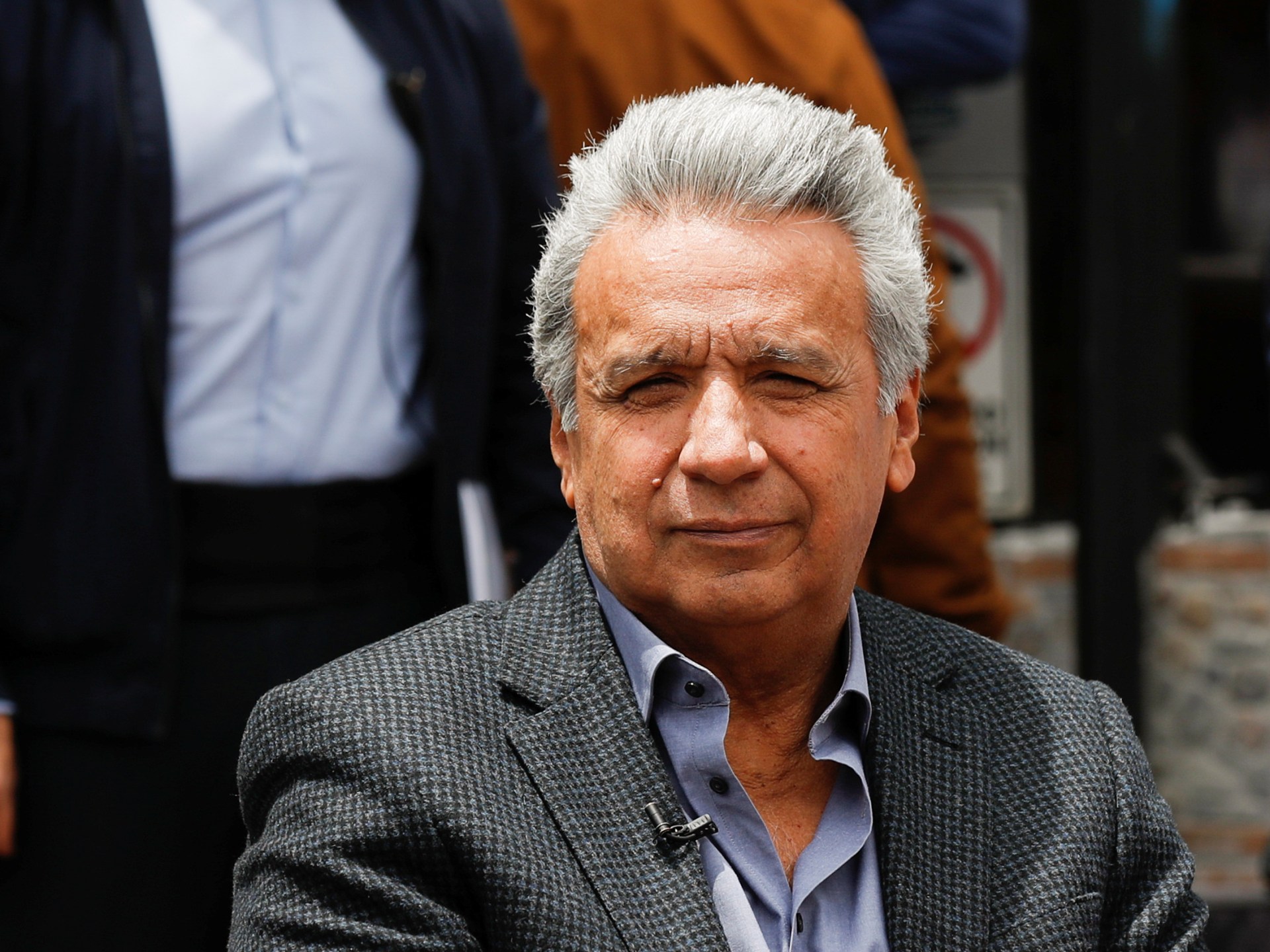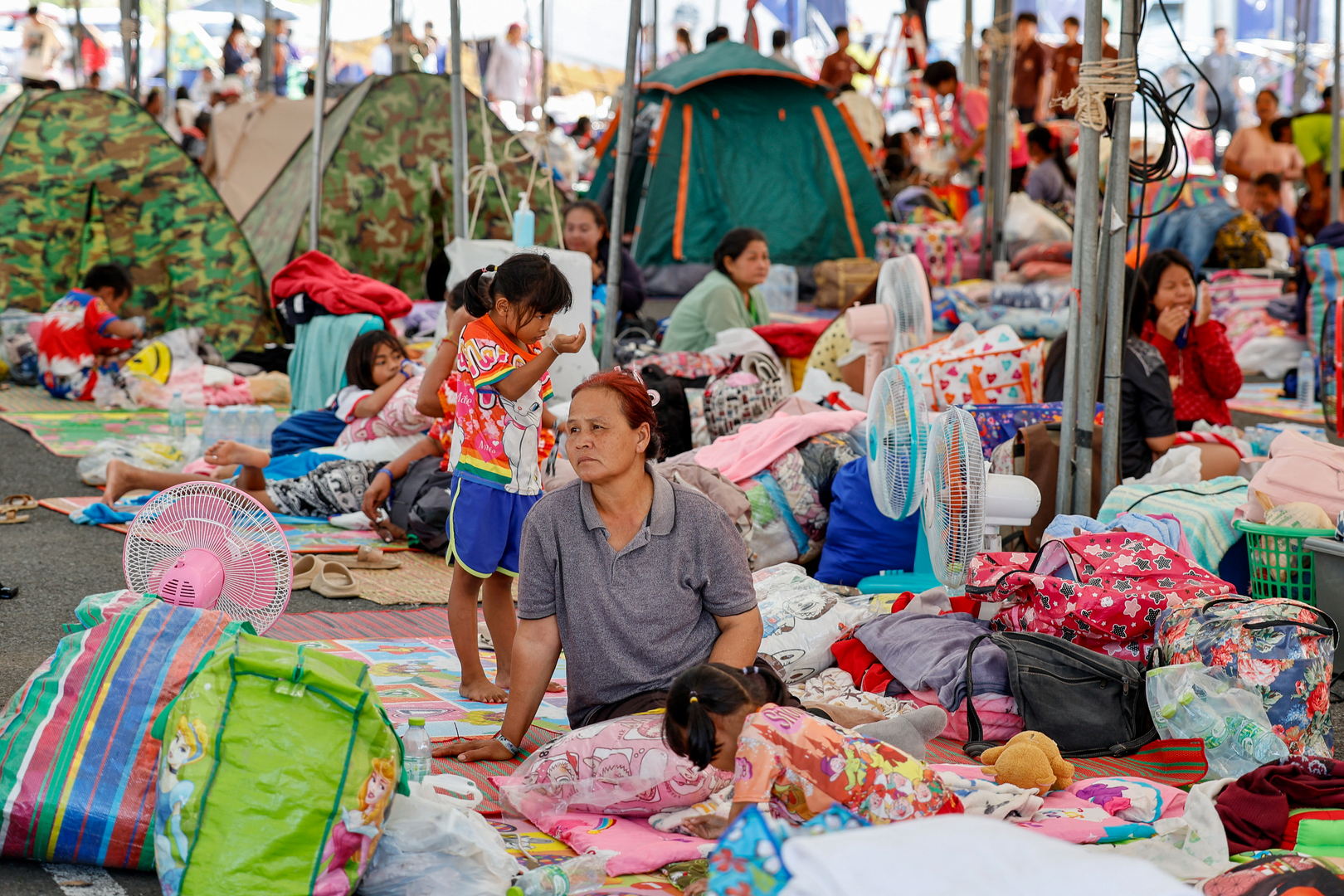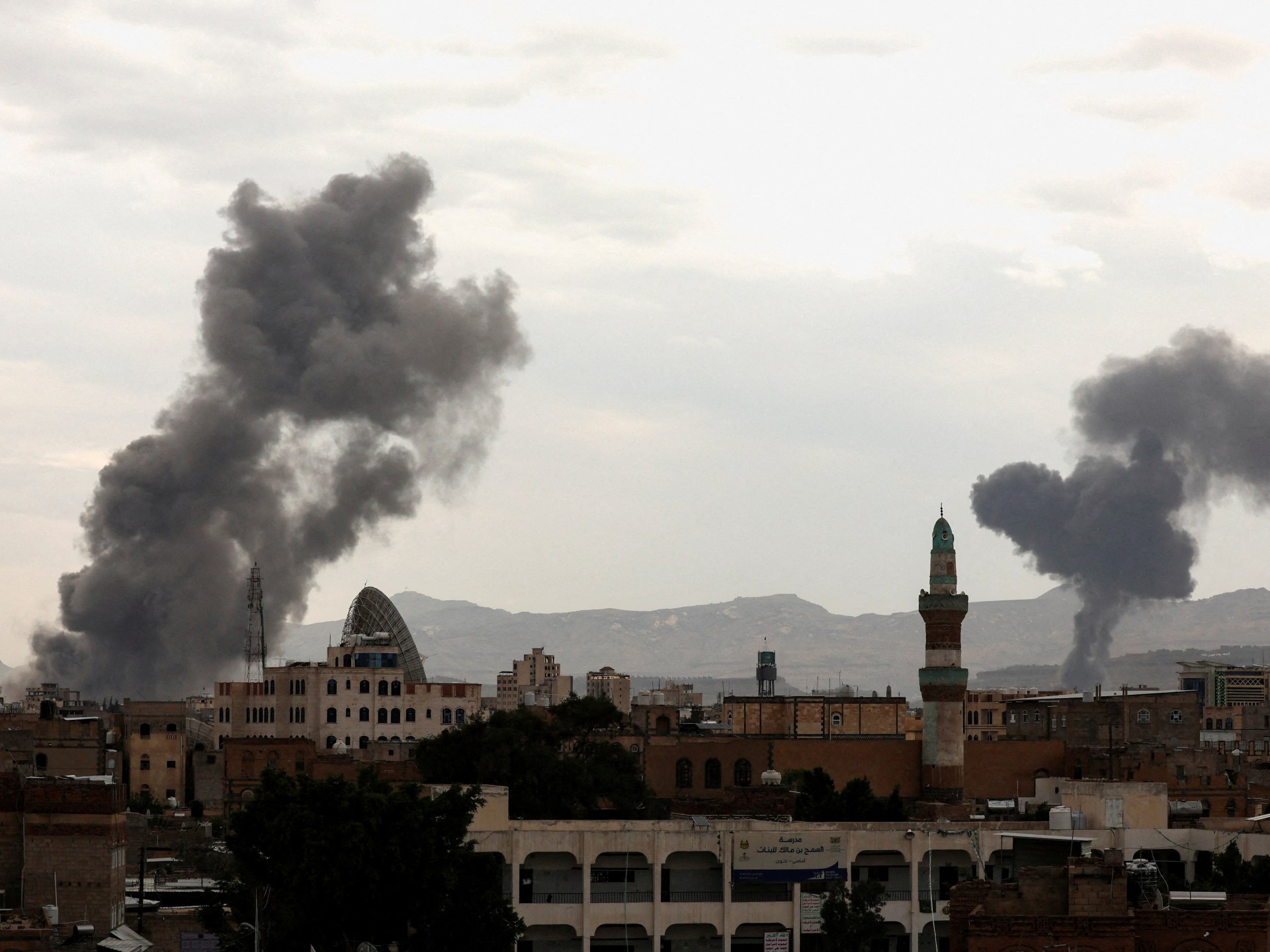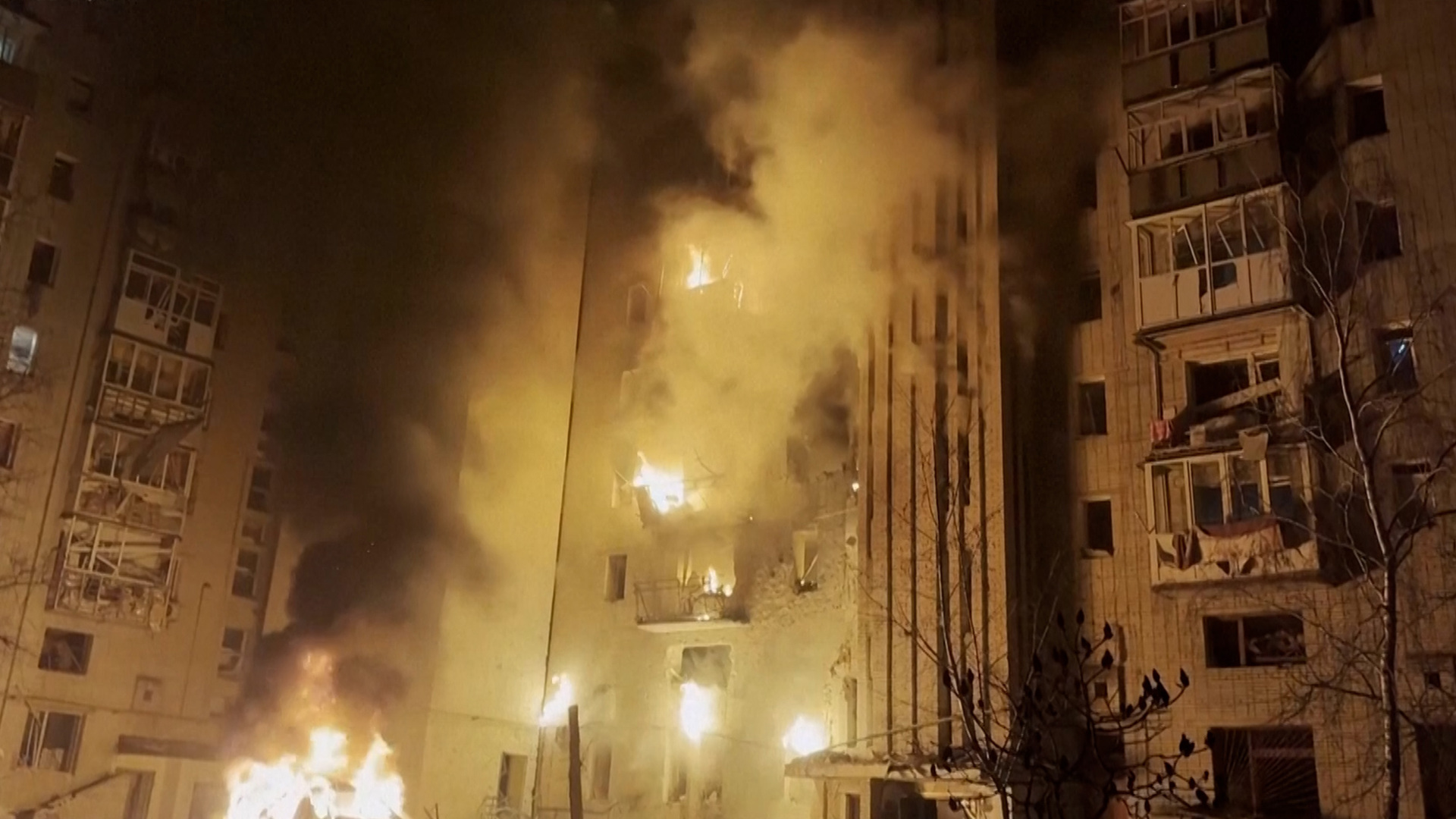One of Ecuador’s recent presidents, Lenin Moreno, will stand trial for charges related to an alleged bribery scheme.
On Monday, Judge Olavo Hernandez ruled that the prosecution against Moreno, who served as president from 2017 to 2021, could proceed.
Recommended Stories
list of 3 itemsend of list
The charges stem from a years-long inquiry into the construction of the country’s largest hydroelectric power facility — and whether Moreno inappropriately favoured a Chinese company for its construction.
“This judge resolves to bring citizen Lenin Moreno to trial as the direct perpetrator of the crime of bribery,” Hernandez said in the decision.
Moreno has denied any allegations of wrongdoing. He currently lives in Paraguay.
But in a video posted to social media, Moreno denounced the prosecution’s case, which began in 2023.
“I have presented all the evidence to the attorney general’s office, and they have not been able to prove that I received a single cent,” Moreno said. “Let’s not allow such a great injustice to be committed.”
According to prosecutors, the illegal actions began while Moreno was vice president, from 2007 to 2013.
They accuse Moreno of using his sway to ensure the Chinese firm Sinohydro received government contracts to construct the Coca Codo Sinclair power plant, which began operations in 2016.
In return, prosecutors allege that Sinohydro doled out bribes worth about $76m between 2009 and 2018.
According to Ecuador’s former Attorney General Diana Salazar, Moreno’s family had business connections to Sinohydro, and they formed a “corruption network” that had “interstate and transnational reach”.
She has accused Moreno and his family of engineering “a false image of consulting and representation services” to channel bribes through “gifts, checks and transfers”.
Since its opening, the Coca Codo Sinclair plant has struggled with technical issues, including cracks in its construction.
The hydroelectric dam has also drawn scrutiny for the circumstances of its construction: Ecuador took out loans from China worth nearly $19bn for Coca Codo Sinclair and other projects.
As of 2024, the country’s total gross domestic product (GDP) was only around $124.7bn, according to the World Bank.
Moreno became vice president under left-wing leader Rafael Correa, who inspired a loyal political movement in Ecuador known as “correismo”.
By 2017, Correa had completed three terms and was limited by law from running again.
Moreno ran instead as the representative for Correa’s PAIS Alliance and won — but he ultimately faced backlash for pursuing centre-right economic reforms that deviated from his predecessor’s platform. The two leaders have since turned into prominent critics of one another.





